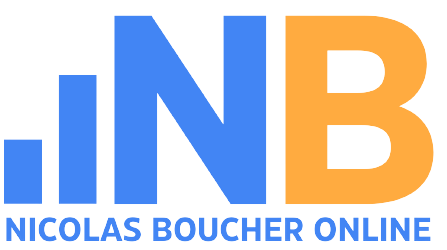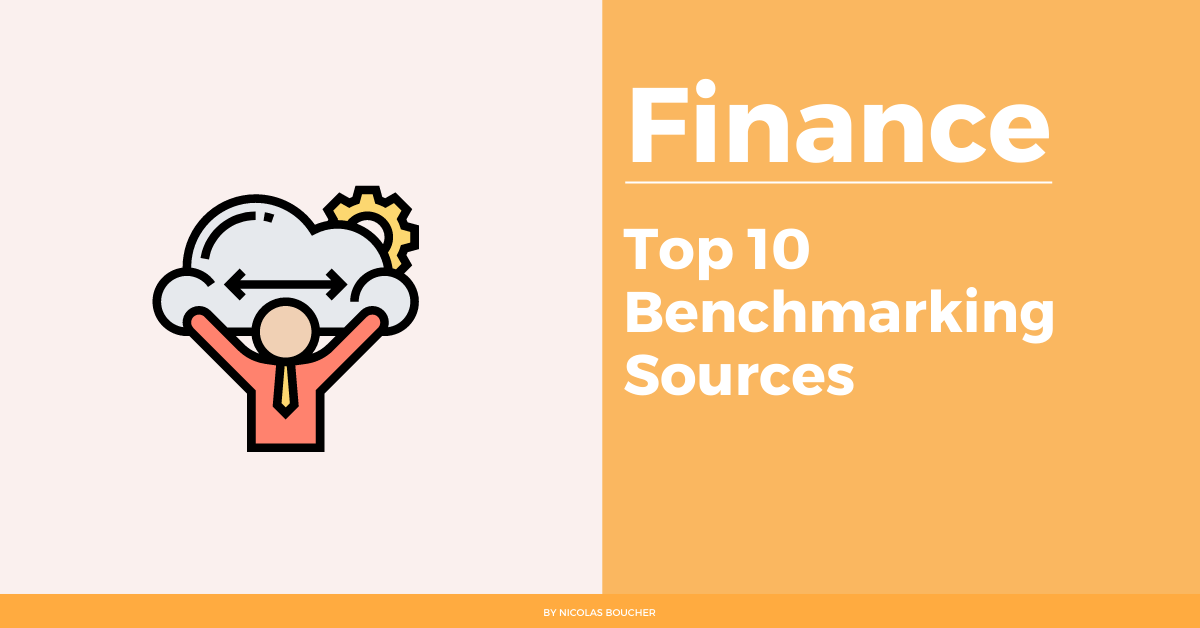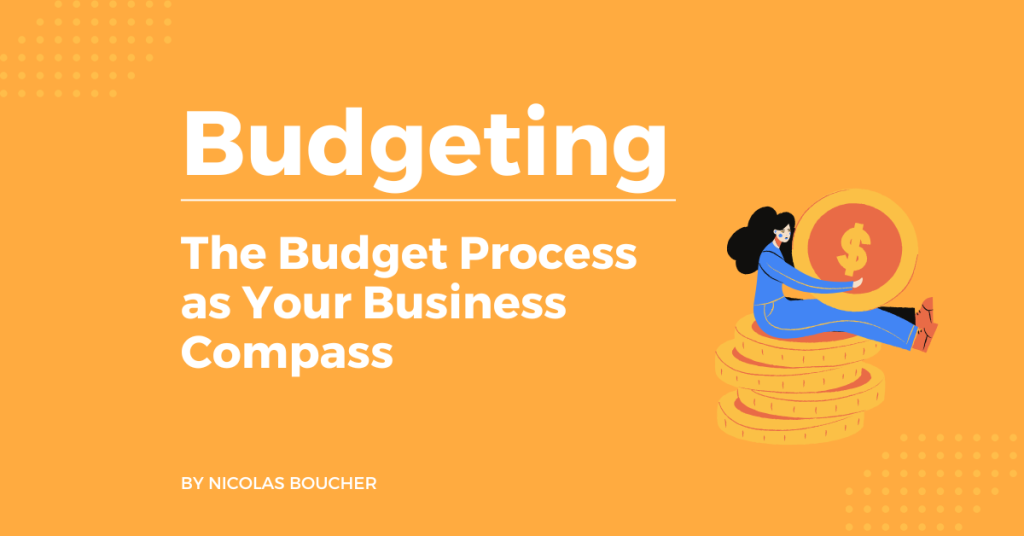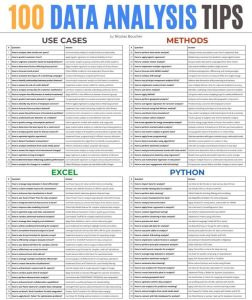Do you know any important benchmarking sources for finance?
Certainly, knowing how to benchmark is a crucial skill for finance professionals.
It allows you to compare your company’s performance against your competitors and peers, identify best practices, and make data-driven decisions.
However, finding appropriate data to benchmark against can be challenging.
Therefore, I will share the top 10 benchmarking sources that finance professionals can use to compare their performance.
Table of Contents
Top 10 Benchmarking Sources
In today’s fast-paced business environment, finance professionals have access to a vast array of benchmarking sources to help them evaluate their company’s performance.
Some of the most popular sources are:
- Industry reports
- Financial databases
- Surveys and questionnaires
- Conferences and events
- Social media and online forums
- Internal group benchmarking
- Collaborative benchmarking groups
- Government and regulatory data
- Consultancies and advisory firms
- Academic research
Industry Reports
Industry reports published by research firms, consultancies, or trade associations are a great source of benchmarks and KPIs for your sector.
These reports often provide an in-depth analysis of industry trends, market size, and competition.
Moreover, by using industry reports, you can get a comprehensive understanding of your sector and identify areas for improvement.
Financial Databases
Financial databases such as Bloomberg, S&P Capital IQ, or FactSet provide financial data on competitors and peers.
These databases allow you to compare financial ratios, revenue, profit margins, and other financial metrics.
Also, by using financial databases, you can get a better understanding of your company’s financial performance relative to your peers.
Surveys & Questionnaires
Participating in surveys and questionnaires is a great way to collect qualitative insights for benchmarking.
Therefore, by participating in surveys, you can get anonymized results against which you can benchmark yourself.
Above all, this can provide valuable insights into the perceptions of your customers, employees, and stakeholders.
Conferences & Events
Industry gatherings such as conferences and events are a great way to network and learn about trends, best practices, and benchmarks from experts.
In addition, these events provide an opportunity to connect with industry professionals, exchange ideas, and learn about new developments in your sector.
Social Media & Online Forums
Social media platforms and online forums are a great source of insights and tips from industry professionals.
Moreover, by monitoring and engaging with industry professionals on social media, you can stay up-to-date with the latest trends and best practices in your sector.
Internal Group Benchmarking
Utilizing the data available within your organization, particularly if you are part of a larger group with multiple units, is a great way to benchmark your performance.
Subsequently, you can compare your unit’s performance with other units in the group to identify best practices, efficiencies, and areas for improvement.
Collaborative Benchmarking Groups
Forming or joining benchmarking groups within your industry is a great way to share data and best practices confidentially.
In other words, these groups can provide a platform for open discussion and learn from each other’s experiences.
Government & Regulatory Data
Accessing data from government agencies and regulatory bodies is a great way to stay informed about your industry.
In addition, this data can provide valuable insights into industry trends, regulations, and compliance requirements.
Consultancies & Advisory Firms
Hiring external experts for an unbiased, in-depth analysis of your company’s performance can provide valuable insights for benchmarking.
Furthermore, these experts can provide a fresh perspective on your business and identify areas for improvement.
Academic Research
Reviewing academic research and publications related to your industry is a great way to stay ahead of the curve.
Academic research can provide insights into emerging trends, best practices, and new developments in your sector.
The Final Verdict
In conclusion, benchmarking is a critical tool for finance professionals to evaluate their company’s performance against industry standards and competitors.
By using the benchmarking sources outlined above, finance professionals can identify areas for improvement, set performance targets, and make data-driven decisions to improve their company’s financial health.
Do you want to enhance your finance and productivity skills with ChatGPT? Claim the comprehensive guide now and start your professional growth.
Ultimately, are you tired of scrolling and reading hundreds of finance books and articles without any results? If that’s true, then my course is the only thing you’ll ever need. Start learning today and transform yourself into a successful finance professional!















